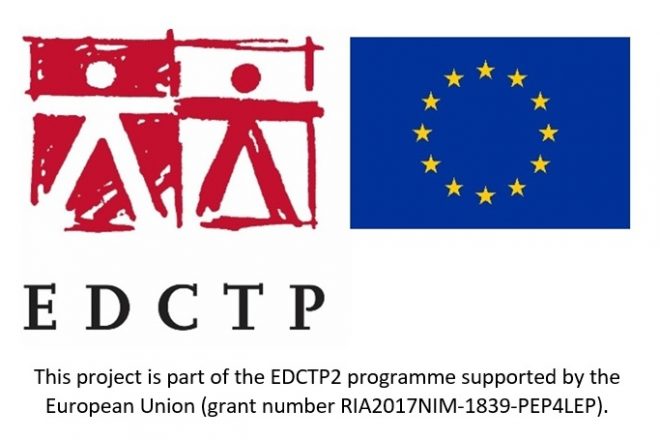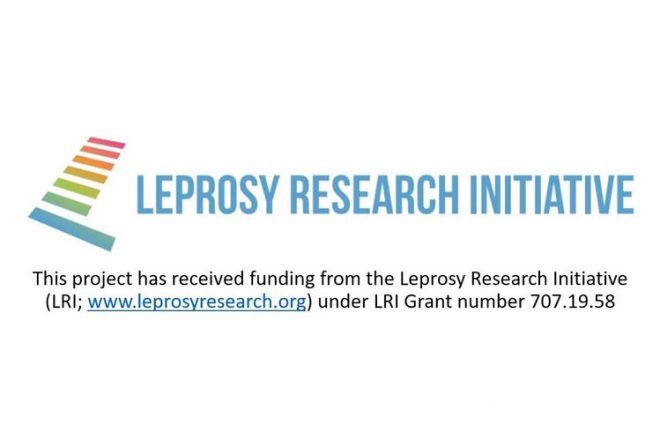Newsletter PEP4LEP – April 2020
Dear members of our PEP4LEP community,
As I write this introduction to our newsletter, we are all confronted with the COVID-19 pandemic. The virus has spread in a matter of weeks from China to south-east Asia, Australia, the middle-east, on to Europe, the America’s and now also Africa. No continent is spared! Such event just shows how small the world has become and how interconnected we all are. It also shows how vulnerable we still are as human beings to infectious diseases and how important our work is in infectious disease control, including leprosy.
The PEP4LEP project has been progressing well and in this newsletter we share some of our experiences. At the same time we realise that our project will also be affected by COVID-19. We will need to adjust and improvise. Both personally and as a project community. It is important that we stay in touch and support each other with encouragement, best practices and advice. There have been key advances in PEP4LEP, which we would like to share in the newsletter. In Tanzania the first contacts have received SDR-PEP and the staff report their field experiences and photos. We also have an update from Mozambique. Also good to know is that Ethiopia has obtained ethical approval and is gearing up to start.
Jan Hendrik Richardus
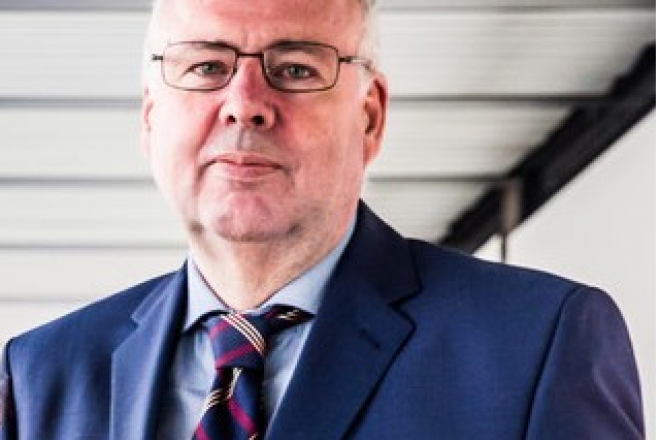
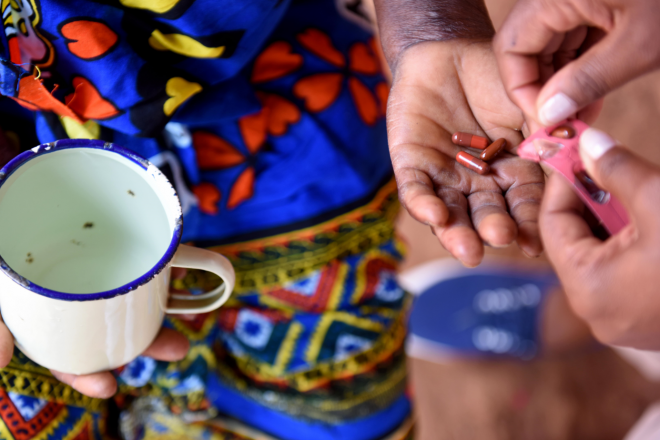
A virus that affects us all
The PEP4LEP team is concerned about the COVID-19 pandemic that is currently going on. We monitor the spread and its consequences closely. We acknowledge the measures taken by governments and the World Health Organisation to control the pandemic and recommend all consortium partners to comply with them. Our hearts go out to all people affected by COVID-19 and their loved ones.
The PEP4LEP project be affected by the pandemic but we will pick up where we left of as soon as the situation allows and ensure successful implementation through intense collaboration. There are regular meetings and update moments organized to monitor how COVID-19 affects PEP4LEP.
Ethical approval Ethiopia
The Ethiopian taskforce worked very hard to answer all questions from the ethics board and the FDA and has obtained ethical approval to implement the PEP4LEP project. Hard work pays off. We wish them good luck in the next phase.
PEP4LEP Annual meeting in Addis Ababa
In December 2019, the PEP4LEP annual meeting took place in Addis Ababa and was hosted by GLRA Ethiopia. The meeting was officially opened by Hiwot Solomon, Directorate of Disease prevention & control for the ministry of health in Ethiopia. She acknowledged the importance of improving leprosy services, prevention and research in the international context. During the meeting, the taskforce’s from the different countries shared their progress and experiences, which took the project to the next level. Among the consortium members, it was felt that there was a lot of commitment among all partners and in the study area’s communities.
The PhD students were very motivated to work and start their research and the annual meeting was a good opportunity for them to align their objectives. We want to thank all participants for being enthusiastic and engaged, and a special gratitude goes out to the Ethiopian taskforce, that wonderfully arranged the location and logistics.
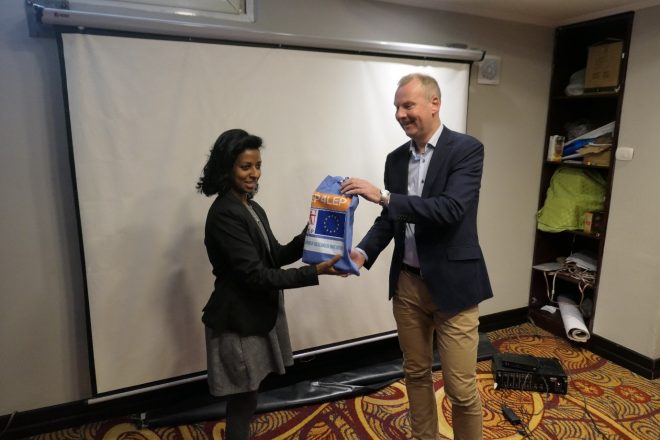
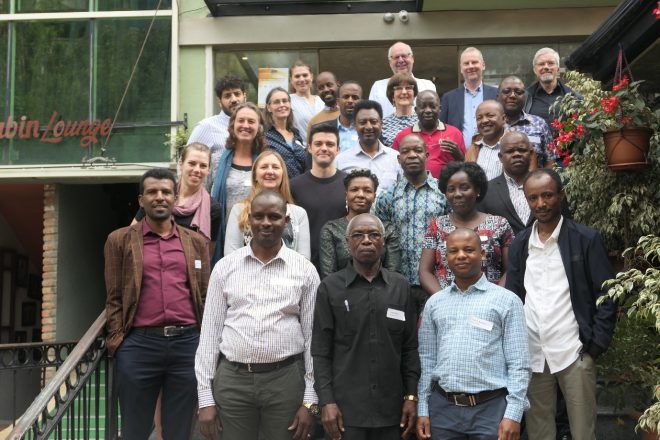
Domingos Dreva‘s passion for leprosy work
“When I graduated from nursing school I worked as a general nurse in a health post. However, the nurse specialised in TB and leprosy kept falling ill and needed to be replaced. But the replacement did not stay. And though I was not officially trained in leprosy work, I had already substituted the nurse on several occasions, so I continued giving the TB and leprosy patients their medication. Time passed, and between 2009 and 2011 I benefitted from a training on leprosy and I graduated in 2011.
To be honest, the patients that were at the health posts, were a minority because the majority of patients remained in the communities. So, I started to go into the communities on a motor bike that was offered to me, and I started to see that the affected people are not just those that have been admitted to hospital. The majority of leprosy patients is actually still in the communities. We found patients who could not walk because of the ulcers, who were not able to go to the hospitals and remained in their communities.
So, when I went into the communities to do small campaigns, I encountered the people affected. These people had probably lost all hope that they would be cured, and out of nowhere, I appeared with medication and a complete treatment.
I remember one time, I went to a community called Sawasawa. I encountered a woman that was affected by leprosy and who could not go to a health post. I treated her, and when she was cured, she came to the hospital to come and find me and tell me that she was better, and thanked me greatly. This really moved me. She did not have any more wounds, the ulcers had dried and closed and she was better. That is when my passion for the leprosy work started.”
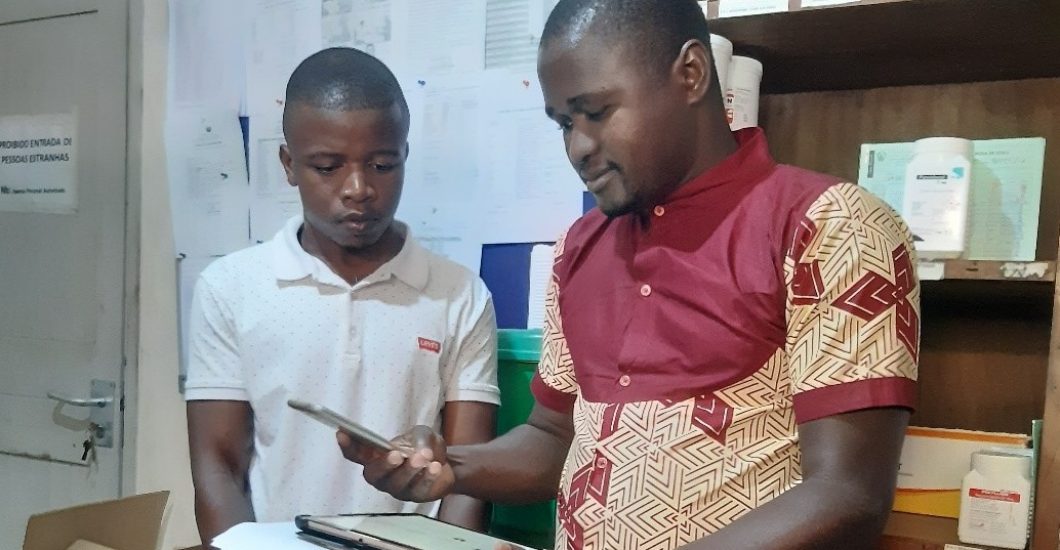
First patients Tanzania
In Tanzania the first patients have been included in the project. During the official launch, the guest of honour, the district Medical officer Dr. Dismas Masulubu gave out the first tablets of SDR-PEP to contacts of persons affected by leprosy. Meanwhile, in all three PEP4LEP districts in Tanzania household contacts are being screened for skin diseases and receive SDR-PEP when eligible. The field workers have already identified contacts that also had leprosy, they have now started treatment which will prevent further transmission and the development of leprosy related disabilities. The official start of inclusion of contacts in Tanzania is a huge milestone for the project. Keep up the good work!
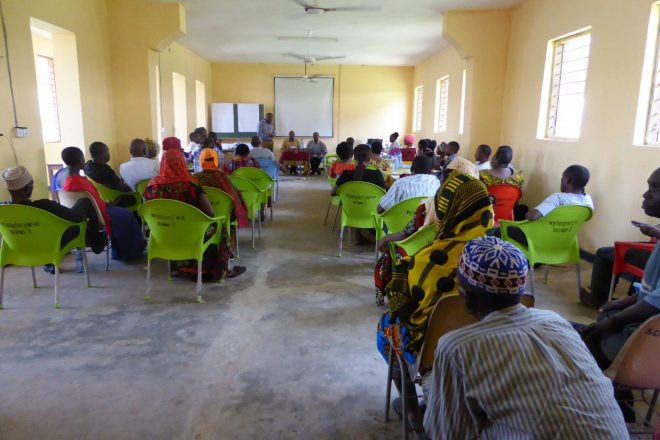
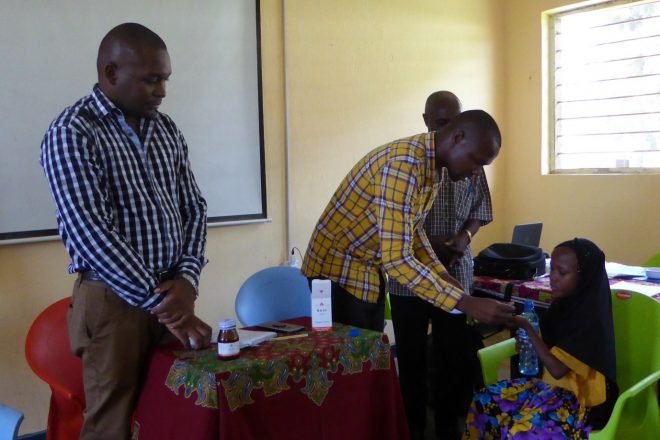
Training of Trainers in Mozambique
In Mozambique, the PEP4LEP training of trainers was held in February 2020. All participants were very enthusiastic and seriously committed to the project. During these days not only the clinical aspects of skin diseases including leprosy were discussed, but also all research aspects of the PEP4LEP project. Tom Hambridge, data manager and PhD student from Erasmus MC presented and discussed all data collection forms and showed the REDCap data management system. Anne Schoenmakers did a great job in engaging the participants through role playing exercises and short quizzes at the end of every training module. The team in Mozambique is now completely ready to pass on the knowledge and skills to the health workers that will be involved in the project.
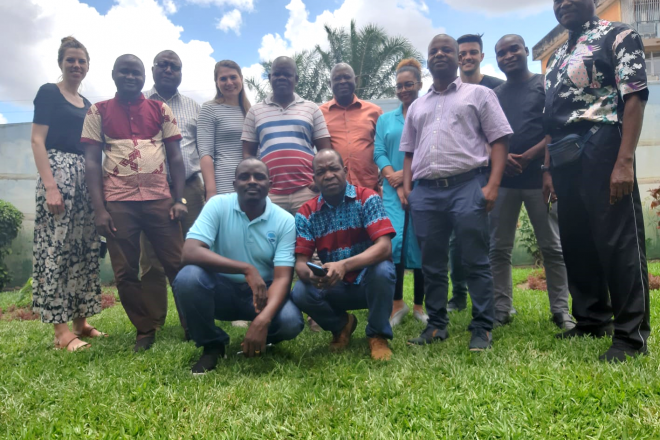
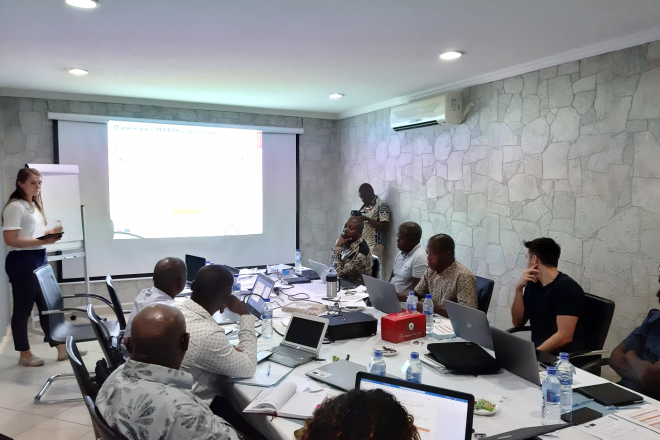
Early researchers grants
The Royal Society of Tropical Medicine and Hygiene (RTMH) has announced that applications for the 2020 grants round are now open. The aim is to enable early career researchers and global health professionals in the field of tropical medicine or global health to undertake clinical or scientific research and/or fieldwork.
EDCTP Forum 2020 postponed because of COVID-19
EDCTP has announced to postpone its Tenth Forum planned for 18-21 October 2020 until next year because of the COVID-19 pandemic. The new dates and location will be: 17-20 October 2021, Joaquim Chissano International Conference Centre in Maputo, Mozambique. For more information, visit www.edctp.org or sign up for the EDCT newsletter via: www.edctp.org/newsletter-subscription.
